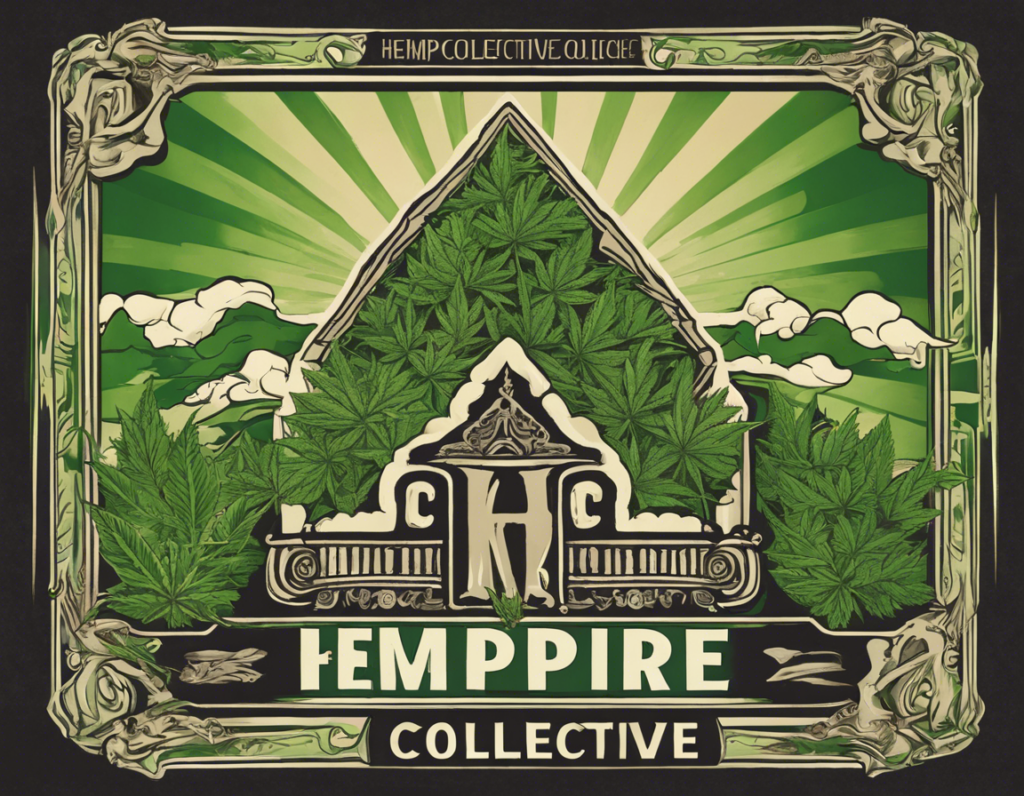Welcome to the world of hemp culture, where a community of individuals passionate about sustainable living, holistic wellness, and conscious consumerism thrives. The Hempire Collective is a diverse group of people who are committed to promoting the use of hemp for its endless possibilities and benefits. In this comprehensive guide, we will delve deep into the various aspects of hemp culture, from its history and significance to its modern-day applications and contributions to a more sustainable future.
Understanding Hemp: A Brief Overview
Hemp has been cultivated for thousands of years and holds a prominent place in human history. It is a versatile plant that belongs to the Cannabis sativa species and is primarily grown for its industrial uses. Unlike its close relative marijuana, hemp contains very low levels of THC, the psychoactive compound that produces a “high.” This distinction is crucial as hemp is legally grown and utilized in many countries around the world for a wide range of purposes.
The History of Hemp Use
The use of hemp dates back to ancient civilizations, where it was valued for its strong fibers and medicinal properties. In China, hemp has been cultivated for over 6000 years, primarily for textile production. The plant spread to other parts of the world, including Europe and the Americas, where it became a staple crop for textiles, paper, and rope.
Hemp Culture Today
In contemporary society, hemp culture is experiencing a resurgence as people recognize the plant’s myriad benefits and sustainable qualities. From hemp clothing and accessories to hemp-based foods and CBD products, the market for hemp is continuously expanding. Hemp is known for its eco-friendly properties, as it requires minimal water and no pesticides to grow, making it a more sustainable alternative to many conventional crops.
The Benefits of Hemp
Environmental Sustainability
One of the primary reasons for the growing popularity of hemp is its environmental sustainability. Hemp is a fast-growing plant that can thrive in various climates, making it a versatile and low-impact crop. Its deep roots help prevent soil erosion, and it requires minimal water compared to other crops like cotton.
Health and Wellness
Hemp is also valued for its health and wellness benefits. CBD, a compound derived from hemp, has gained popularity for its therapeutic properties, including pain relief, stress reduction, and anti-inflammatory effects. Hemp seeds are rich in essential nutrients like omega-3 fatty acids and protein, making them a valuable addition to a healthy diet.
Economic Opportunities
The hemp industry offers a wealth of economic opportunities for farmers, manufacturers, and entrepreneurs. From textiles and building materials to biofuels and cosmetics, the versatility of hemp opens up a wide range of possibilities for businesses looking to tap into this burgeoning market.
Breaking the Stigma
Despite its many benefits, hemp still faces stigma and misconceptions due to its association with marijuana. Educating the public about the differences between hemp and marijuana, as well as the plant’s numerous uses and benefits, is crucial for promoting wider acceptance and adoption of hemp products.
Cultivating a Hemp Lifestyle
Embracing a hemp lifestyle goes beyond using hemp products; it involves a commitment to sustainable living, conscious consumption, and holistic well-being. By supporting hemp cultivation and advocating for its widespread use, individuals can contribute to a more sustainable future for themselves and the planet.
FAQs About Hemp Culture
- Is it legal to grow hemp?
-
Laws regarding hemp cultivation vary by country and region. In many places, hemp cultivation is legal as long as the plants contain THC levels below a certain threshold.
-
What are the main uses of hemp?
-
Hemp has a wide range of uses, including textiles, paper, food, biofuels, building materials, and CBD products.
-
Is hemp environmentally friendly?
-
Yes, hemp is considered an environmentally friendly crop due to its minimal need for water and pesticides, as well as its ability to enrich the soil.
-
What is the difference between hemp and marijuana?
-
The main difference between hemp and marijuana lies in their THC content. Hemp contains very low levels of THC, the psychoactive compound that gives marijuana its euphoric effects.
-
Are hemp products safe to use?
-
Hemp products are generally considered safe for consumption and use. However, it’s essential to purchase products from reputable sources to ensure quality and purity.
-
Can hemp help combat climate change?
-
Hemp has the potential to combat climate change by sequestering carbon dioxide, reducing deforestation, and promoting sustainable agriculture practices.
-
How can I incorporate hemp into my daily life?
- There are many ways to incorporate hemp into your daily routine, such as using hemp seeds in smoothies, swapping out cotton for hemp clothing, or incorporating CBD products into your wellness regimen.
In conclusion, hemp culture encompasses a rich tapestry of history, innovation, and sustainability. By embracing hemp and all it has to offer, individuals can not only enhance their own well-being but also contribute to a more sustainable and conscious way of living. Join the Hempire Collective today and be a part of a community dedicated to nurturing the planet and its people through the power of hemp.
